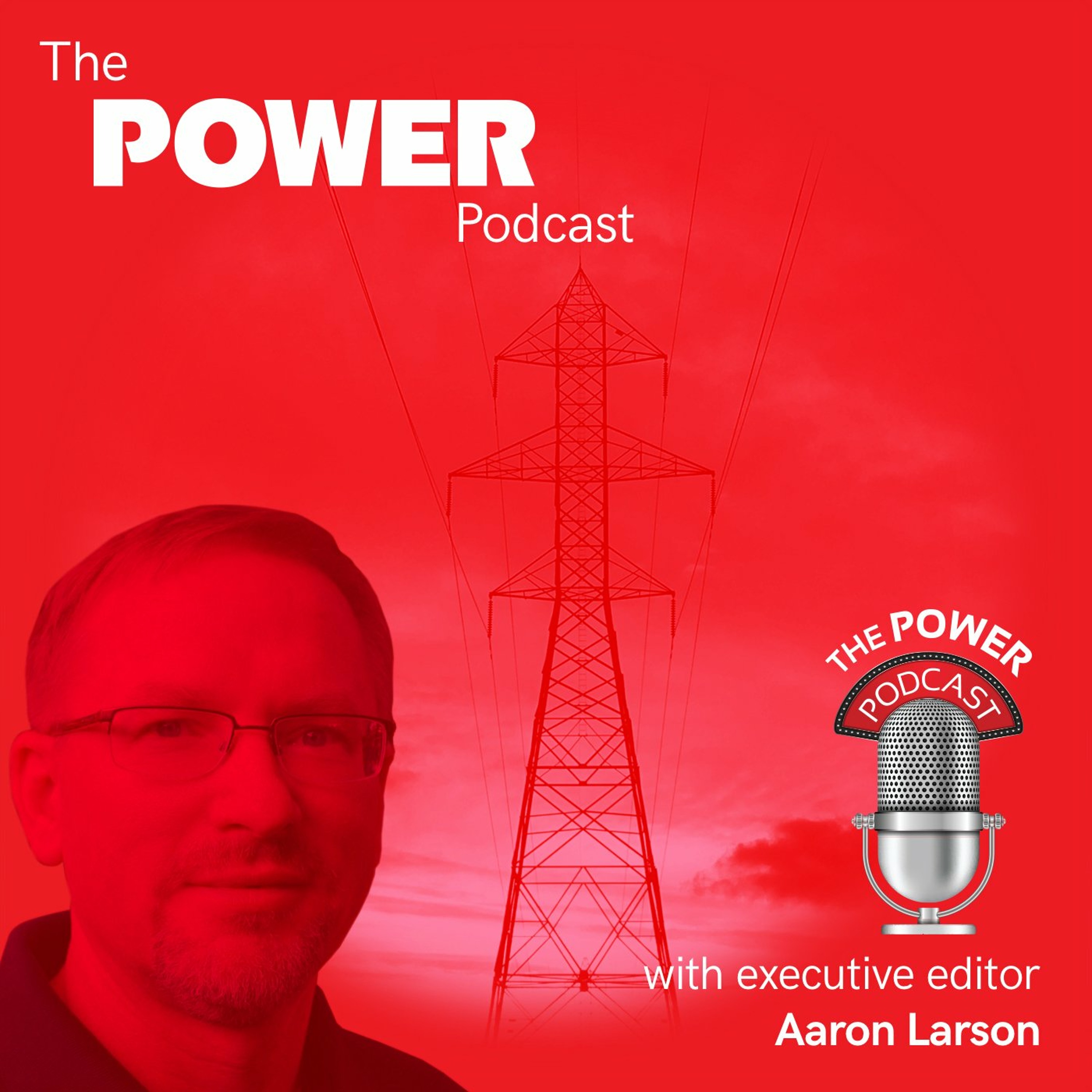
37. Worried About Climate Change? Save Nuclear Plants - Carol Browner
The POWER Podcast
Shownotes Transcript
Nuclear power advocates suggest there are many benefits associated with nuclear energy. They point to high-paying jobs; billions of dollars in economic activity for plant-hosting communities; and secure, reliable, baseload electricity. But the most-important benefit of nuclear power may be that it emits no greenhouse gases, and therefore, does not contribute to climate change. According to Nuclear Matters, a national coalition that works to inform the public and policymakers about the benefits of nuclear energy, nuclear power is playing an essential role in the U.S.’s clean energy future. The group says nuclear power accounted for more than 55% of the country’s clean energy generation in 2018, and phasing nuclear energy out would create devastating environmental impacts for the world. Carol Browner, former U.S. Environmental Protection Agency administrator and former energy and climate change senior advisor to President Obama, was a guest on The POWER Podcast. Browner, who currently serves on the Nuclear Matters Advocacy Council, said, “Air pollution is a major burden to human health, and electricity generation is a major source of air pollution. The burning of fossil fuels contributes to air pollution, obviously, contributes to climate change. Nuclear energy, or nuclear electricity generators, do not emit significant amounts of air pollution, and so, as companies and states look at closing existing nuclear facilities, the likelihood is that those will be replaced, at least in the short term, with fossil fuel-burning facilities, and that means more air pollution and more climate change challenges.” As an environmentalist, Browner has long advocated for renewable energy, and that hasn’t changed. “I support much more wind and solar. I hope to continue to see that industry grow. It has grown significantly and it continues to grow,” she said. But with climate change top of mind, Browner believes nuclear power has a place in the energy mix too. “I also believe that the climate change crisis is real. That we need to act responsibly. We need to act immediately. And taking a source of clean energy, of carbon-free energy—nuclear power—offline and replacing it with fossil fuels simply doesn’t make any sense. There are deaths associated with the fossil fuel burning. There’s the climate crisis. And so, what we need to do is maintain those facilities,” she added. Can climate change be stopped? “I am perpetually optimistic that my generation will not be the first to leave to our children and our grandchildren an environmental problem that they can’t solve. The clock is running. We need to get moving. But I’m also encouraged because I see lots of states stepping up. I see cities stepping up. And just today, we see an announcement from Ford, Honda, Volkswagen, and the BMW company that they have reached an agreement with the state of California on more-efficient cars and cars that produce less greenhouse gas emissions,” Browner said. “So, I think there are reasons to be optimistic.”